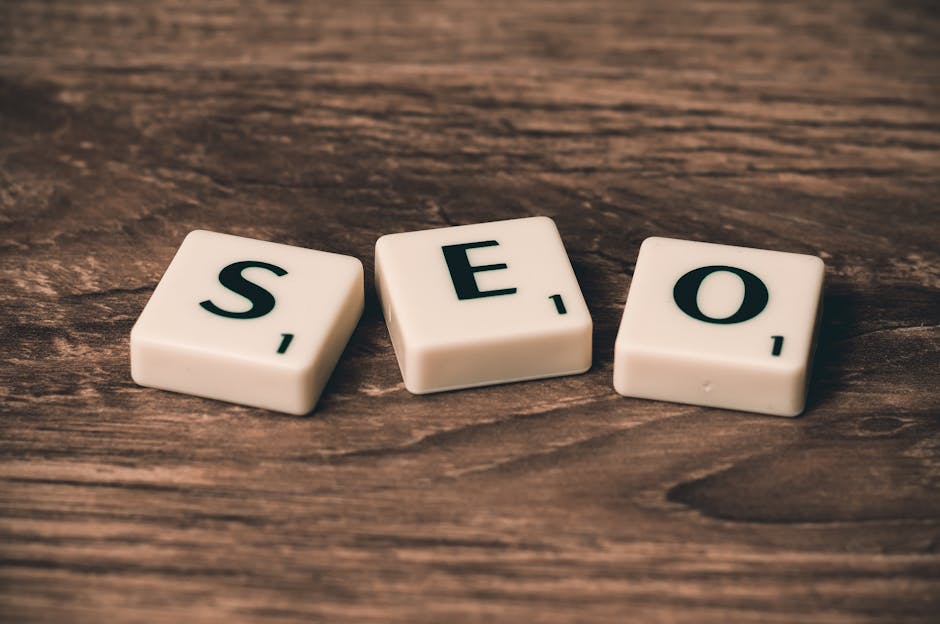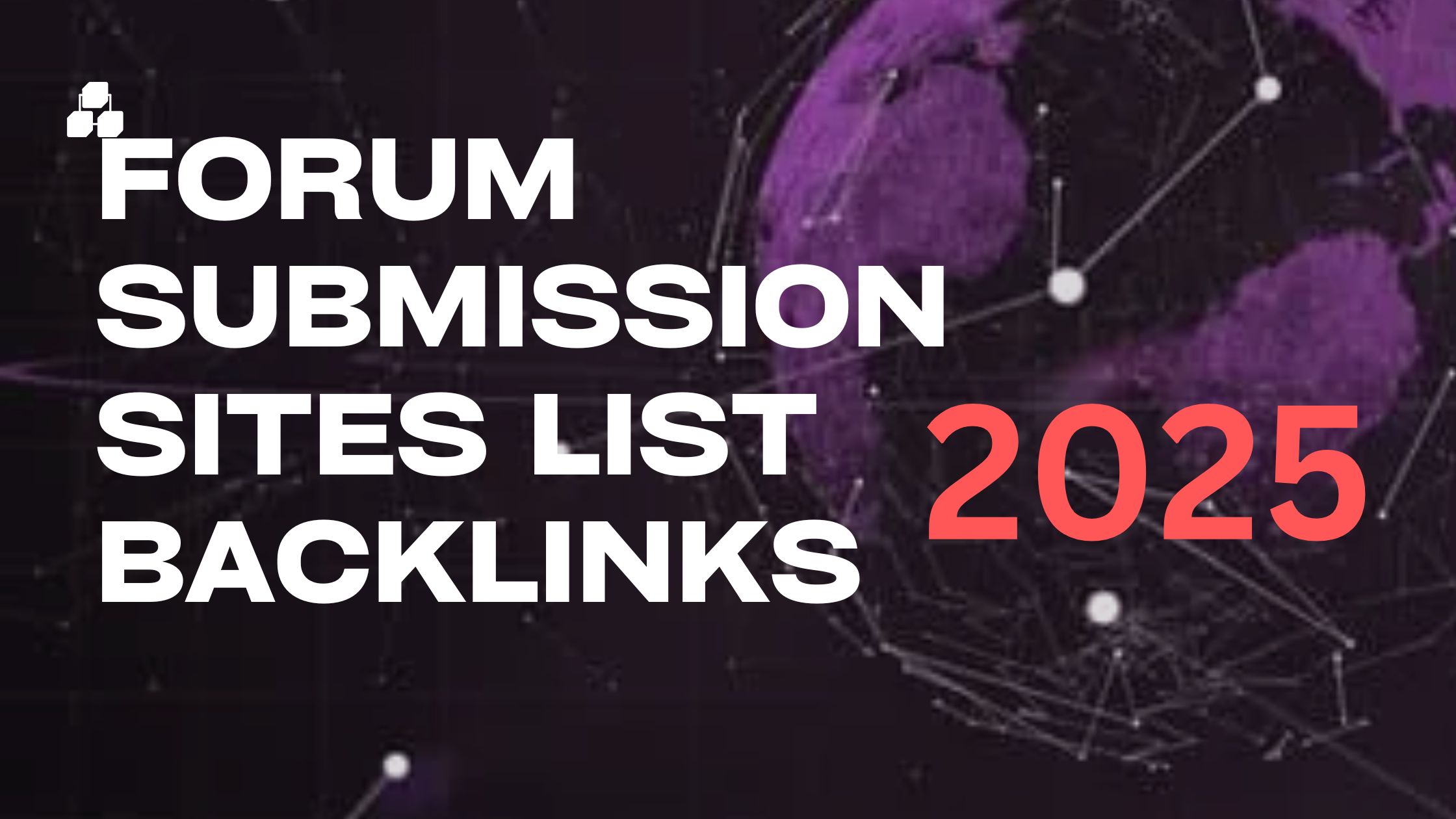Table of Contents
Did you know that over 60% of consumers start their online shopping journey with a search engine like Google? If you’re a small business owner, that’s a statistic you can’t afford to ignore. You might have the best products or services, but if potential customers can’t find you online, you’re missing out on valuable opportunities. This blog post is your comprehensive guide to search engine optimization (SEO) for small businesses in 2025, designed to help you improve your online visibility and attract more customers.
The Foundation of SEO for Small Businesses
SEO is all about making your website more attractive to search engines like Google, Bing, and DuckDuckGo. When your website ranks higher in search results, more people see it, which leads to more traffic, leads, and ultimately, sales. It’s not about tricking the system; it’s about understanding how search engines work and making your website a valuable resource for users. Think of it as making your shop window the most appealing on the street.
Keyword Research: Understanding Your Audience
The first step in any successful SEO strategy is understanding what your target audience is searching for. This is where keyword research comes in. Think about the words and phrases people use when they’re looking for products or services like yours.
Use tools like Google Keyword Planner, Semrush, or Ahrefs to discover relevant keywords with good search volume and low competition.
Focus on long-tail keywords – longer, more specific phrases – as they often have less competition and can attract highly qualified traffic. For example, instead of “coffee shop,” try “best fair trade coffee shop in downtown Austin.”
Consider the user’s intent behind each keyword. Are they looking to buy something, find information, or compare options?
On-Page Optimization: Making Your Website Search Engine Friendly
Once you have your keywords, it’s time to optimize your website. This involves making changes to your website’s content and code to make it more appealing to search engines.
Optimize your title tags and meta descriptions: These are the snippets of text that appear in search results, and they play a crucial role in attracting clicks. Make sure they’re clear, concise, and include your target keywords.
Use header tags (H1, H2, H3, etc.) effectively: Header tags help structure your content and tell search engines what your page is about. Use your keywords in your headers where it makes sense.
Create high-quality, engaging content: Content is king! Write informative, well-written content that answers your audience’s questions and provides value. The longer someone stays on your site, the better.
Optimize your images: Use descriptive file names and alt text for your images. This helps search engines understand what your images are about and can improve your ranking in image search.
Off-Page Optimization: Building Your Website’s Authority
Off-page SEO refers to activities you do outside of your website to improve your search engine rankings. The most important aspect of off-page SEO is link building.
Build high-quality backlinks: A backlink is a link from another website to your website. Backlinks are like votes of confidence from other websites, and they tell search engines that your website is a valuable resource. Focus on earning backlinks from reputable websites in your industry.
Engage in social media marketing: Social media can indirectly affect your SEO by driving traffic to your website and increasing brand awareness.
Common SEO Mistakes Small Businesses Make
Avoiding these common pitfalls can make a big difference in your SEO success.
Ignoring Mobile Optimization: Most searches now happen on mobile devices, so your website must be mobile-friendly. Google prioritizes mobile-first indexing.
Keyword Stuffing: Overusing keywords can actually hurt your rankings. Focus on writing naturally and using keywords strategically.
Neglecting Local SEO: If you’re a local business, claiming and optimizing your Google My Business listing is crucial.
Poor Quality Content: Thin, duplicate, or irrelevant content will damage your SEO. Focus on creating valuable, original content.
Ignoring Website Speed: A slow website can frustrate users and hurt your search engine rankings. Optimize your images, leverage browser caching, and choose a good hosting provider.
Essential SEO Tools for Small Businesses
Here are a few tools that can help you with your SEO efforts:
Google Analytics: Track your website traffic and user behavior. This free tool provides valuable insights into how people are finding and using your website.
Google Search Console: Monitor your website’s performance in Google search results. This tool provides information about your website’s crawl errors, keyword rankings, and backlinks.
Semrush: A comprehensive SEO tool that helps with keyword research, competitor analysis, and site auditing.
For example, using Google Search Console, you can identify which keywords are driving the most traffic to your site and optimize your content accordingly.
Expert Insights on the Future of SEO
The landscape of SEO is constantly evolving. Experts predict that in 2025, we’ll see an even greater emphasis on:
User Experience (UX): Google is placing more and more emphasis on user experience as a ranking factor.
Voice Search Optimization: As voice search becomes more popular, businesses need to optimize their content for voice queries.
Artificial Intelligence (AI): AI is playing an increasingly important role in SEO, from keyword research to content creation.
E-A-T (Expertise, Authoritativeness, Trustworthiness): Google wants to ensure that the information it provides is accurate and reliable.
“The future of SEO is about providing the best possible experience for the user,” says Neil Patel, a well-known digital marketing expert. “If you focus on creating valuable content and making your website easy to use, you’ll be well-positioned for success.” As referenced in Neil Patel’s Blog
Key Takeaways
SEO is a crucial part of any successful online marketing strategy for small businesses.
Keyword research is the foundation of SEO.
On-page optimization involves making changes to your website’s content and code.
Off-page optimization involves building high-quality backlinks.
Avoid common SEO mistakes like keyword stuffing and neglecting mobile optimization.
Use SEO tools to track your progress and identify areas for improvement.
Stay up-to-date on the latest SEO trends and best practices.
FAQs About SEO for Small Businesses
Q: How long does it take to see results from SEO?
A: SEO is a long-term strategy. It can take several months to see significant results, depending on your industry, competition, and the effort you put in.
Q: How much does SEO cost?
A: The cost of SEO can vary widely, depending on whether you hire an agency, a freelancer, or do it yourself.
Q: Is SEO a one-time thing?
A: No, SEO is an ongoing process. Search engine algorithms are constantly changing, so you need to continuously monitor your website’s performance and make adjustments as needed.
Q: What is local SEO?
A: Local SEO is the process of optimizing your website and online presence to rank higher in local search results. This is especially important for businesses that serve a specific geographic area.
Q: Why is mobile optimization important for SEO?
A: Mobile optimization is crucial for SEO because Google uses mobile-first indexing, meaning it primarily crawls and indexes the mobile version of websites. A mobile-friendly website provides a better user experience for mobile users, which can improve engagement and rankings.
Conclusion
SEO might seem daunting at first, but by breaking it down into manageable steps and focusing on providing value to your audience, you can significantly improve your website’s visibility and attract more customers. Remember to conduct thorough keyword research, optimize your website, build backlinks, avoid common mistakes, and stay up-to-date on the latest trends.
Don’t wait to start building a robust SEO presence. Take the first step towards increasing your online visibility! Learn about digital transformation for business from McKinsey to further your SEO effectiveness.
Ready to take your SEO to the next level? Contact a reputable SEO agency for a free consultation and let them help you develop a customized strategy that meets your specific needs and goals.



